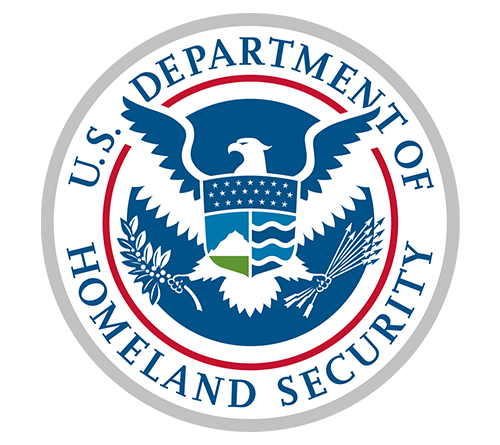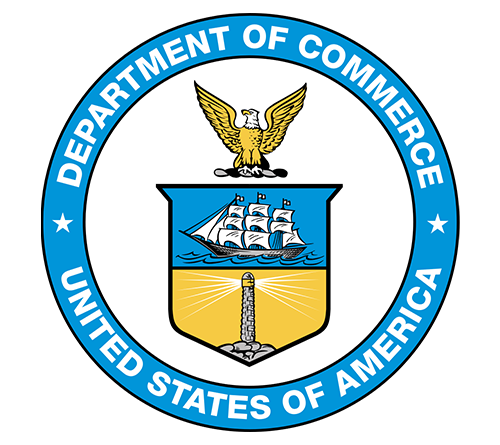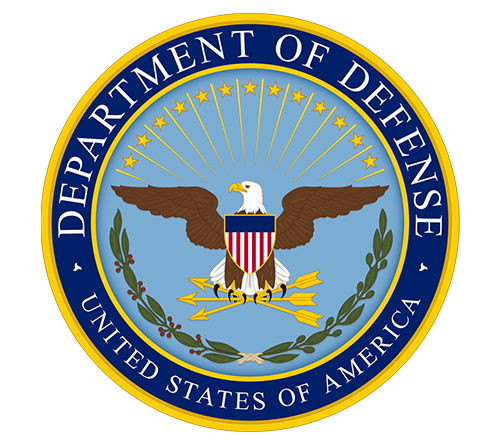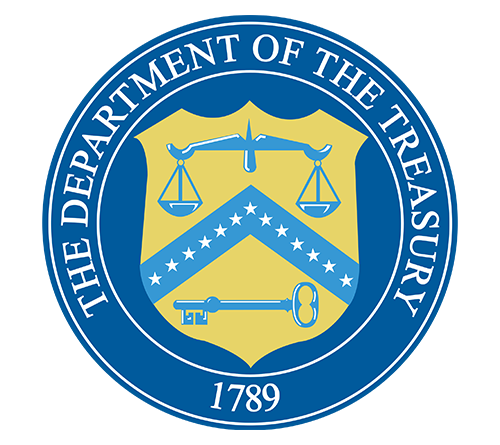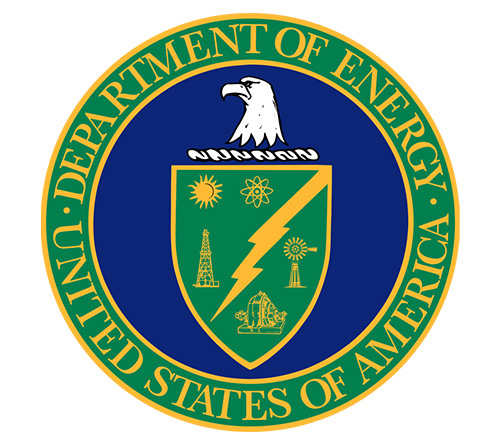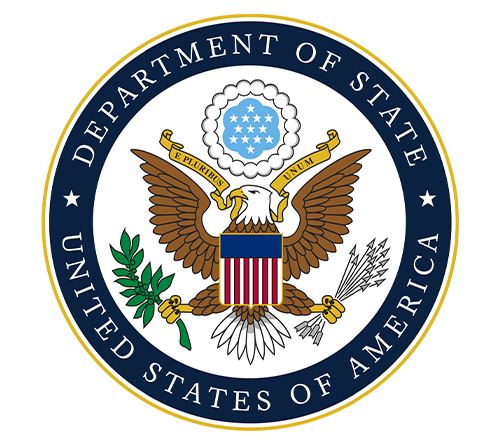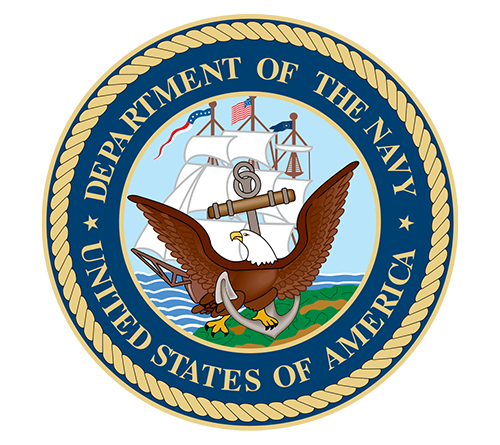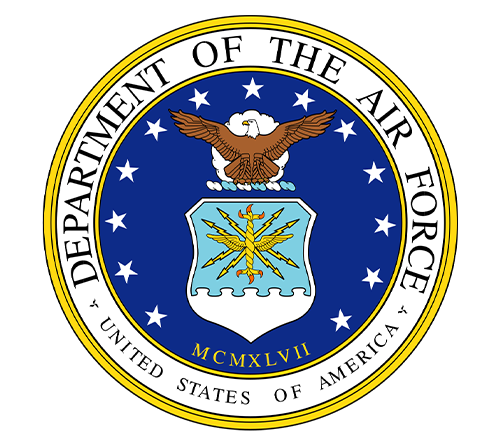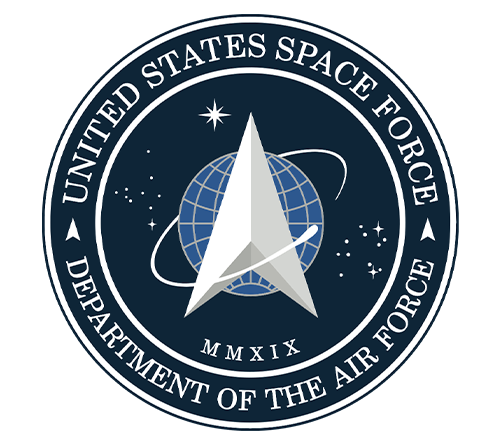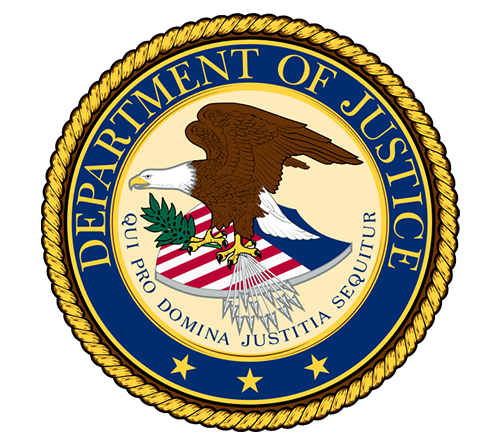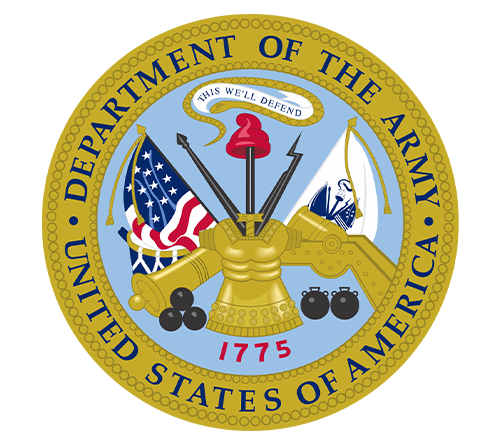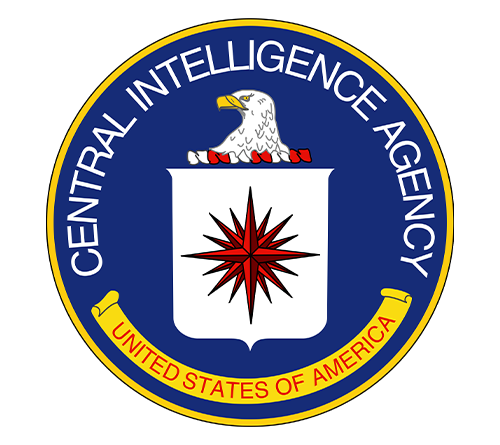Security Clearance Frequently Asked Questions (FAQ)
Cleared Workforce is a specialty search firm focused on security-cleared Talent Recruitment for Government Contractors.
Cleared Roles
Confidential, Secret, TS, TS/SCI, Poly
10+ Years
Industry Experience in roles we recruit for
Key Industries
Security, Cloud, Infrastructure, Engineering

Welcome to our comprehensive guide on security clearances. This Frequently Asked Questions (FAQ) resource is designed to provide in-depth, accurate, and up-to-date information on every aspect of the security clearance process.
Each answer in this guide is derived from validated sources, including official government agencies like the Defense Counterintelligence and Security Agency (DCSA), the Office of Personnel Management (OPM), the Department of Defense (DoD), and the Office of the Director of National Intelligence (ODNI).
1. General
- What is a Security Clearance?
A security clearance is a determination by the U.S. government that an individual is eligible for access to classified national security information. This determination is based on a thorough investigation into the individual’s character, reliability, and trustworthiness. (Source: Defense Counterintelligence and Security Agency, DCSA) - Who Needs a Security Clearance?
Security clearances are required for personnel who will work on projects or have access to information that the U.S. government considers classified. This includes federal employees, military personnel, and contractors working on government contracts. (Source: U.S. Department of Defense)
2. How to Get a Security Clearance
- What are the Basic Steps for Obtaining a Clearance?
To obtain a clearance, an individual must be sponsored by a federal agency or a government contractor. The process includes submitting the SF-86 form, undergoing a background investigation, and an adjudication phase where eligibility is determined. (Source: Office of Personnel Management, OPM) - Can I Apply for a Security Clearance on My Own?
No, individuals cannot apply for a security clearance independently. Sponsorship by an employer or agency involved in government work is required. (Source: DCSA)
3. Personnel Security Clearances (PCL)
- What is a Personnel Security Clearance (PCL)?
A Personnel Security Clearance (PCL) allows an individual to access classified information after a background investigation and adjudication confirm eligibility. It applies to federal employees, contractors, and military personnel. (Source: National Background Investigations Bureau, NBIB)
4. Levels of Security Clearance
- What are the Levels of Security Clearance?
There are three main levels: Confidential, Secret, and Top Secret. Each level grants access to information based on its potential impact on national security if disclosed. (Source: U.S. Department of State)
5. The Security Clearance Process
- What Does the Security Clearance Process Involve?
The process includes a background investigation, which varies in depth depending on the clearance level, followed by an adjudication phase that determines eligibility. (Source: DCSA)
6. Automatic Disqualifiers for Security Clearance
- What Can Automatically Disqualify Someone from Obtaining a Clearance?
Disqualifiers include non-U.S. citizenship, dishonorable discharge from the military, current illegal drug use, and falsification of information on the clearance application. (Source: U.S. Department of Defense)
7. Clearance Denials and Appeals
- What Can I Do If My Clearance Application is Denied?
If denied, you have the right to appeal. The appeal process involves presenting additional information or challenging the findings of the investigation. (Source: DCSA)
8. Types of Security Clearance Investigations
- What are the Different Types of Investigations for Clearances?
Investigations include National Agency Check with Local Agency and Credit Checks (NACLC), Single Scope Background Investigation (SSBI), and Tier 5 investigation for Top Secret clearance. (Source: Office of Personnel Management)
9. Polygraphs
- Are Polygraphs Required for All Clearances?
No, polygraphs are not required for all clearances. They are typically required for specific roles, particularly within intelligence agencies, and may be used to verify the information in higher-level clearances like TS/SCI. (Source: Central Intelligence Agency, CIA)
10. Continuous Evaluation (CE) Program
- What is the Continuous Evaluation (CE) Program?
The CE program is an ongoing assessment process that uses automated checks to monitor cleared personnel’s eligibility, allowing for quicker identification of potential security risks. (Source: DCSA)
11. Clearance Reciprocity Between Agencies
- Can Security Clearances Transfer Between Agencies?
Yes, clearance reciprocity allows individuals to move between agencies without reapplying, provided the clearance is current and meets the new agency’s standards. (Source: Office of the Director of National Intelligence, ODNI)
12. Rights and Responsibilities of Cleared Individuals
- What are My Obligations as a Cleared Individual?
Cleared individuals must report any changes in personal circumstances, maintain compliance with safeguarding requirements, and follow strict guidelines to protect classified information. (Source: DCSA)
13. Maintaining and Renewing a Security Clearance
- How Often Must a Security Clearance be Renewed?
Renewal frequency varies by clearance level, typically every 5 years for Top Secret, 10 years for Secret, and 15 years for Confidential. (Source: OPM)
14. Clearance Revocation
- What Can Cause a Clearance to be Revoked?
Clearances can be revoked for security violations, failure to report foreign contacts, criminal behavior, or issues related to trustworthiness and reliability. (Source: DCSA)
15. Foreign Influence and Foreign Travel
- How Does Foreign Travel Affect Clearance Eligibility?
Cleared individuals must report foreign travel and contacts, as foreign influence or unexplained relationships may impact eligibility. (Source: DCSA)
16. Impact of Criminal Records and Financial Issues
- Can Criminal History or Financial Issues Affect Clearance Eligibility?
Yes, issues like significant debt, unresolved financial obligations, or past criminal behavior can raise concerns about susceptibility to coercion or compromised trustworthiness. (Source: ODNI)
17. Mental Health and Security Clearances
- How Does Mental Health Affect Clearance Eligibility?
Most mental health issues are not disqualifying unless they impair judgment, reliability, or trustworthiness. Seeking mental health treatment is generally viewed positively. (Source: ODNI)
18. Adjudicative Guidelines for Security Clearances
- What Are the Adjudicative Guidelines?
These guidelines are criteria used to assess eligibility, including loyalty, trustworthiness, financial responsibility, and freedom from coercive influences. (Source: DCSA)
19. Security Clearance for Contractors vs. Federal Employees
- Are There Differences in Clearance for Contractors vs. Federal Employees?
The clearance process is similar, but contractors may have additional reporting and compliance requirements due to agency-specific policies. (Source: Office of the Director of National Intelligence, ODNI)
20. Costs Associated with Security Clearances
- Who Pays for Security Clearance Investigations?
The government typically covers the cost of initial investigations, though some contractors may be responsible for certain fees associated with renewals or polygraphs. (Source: DCSA)
21. Impacts of Security Clearance on Employment and Career Opportunities
- How Does Having a Security Clearance Affect Job Opportunities?
Holding a security clearance can open up additional job opportunities, especially in fields related to defense, intelligence, and government contracting. Many private sector companies also value clearances due to the level of trust and reliability it implies. (Source: National Background Investigations Bureau, NBIB) - What Happens to My Clearance If I Leave a Cleared Position?
If you leave a position that requires clearance, your clearance may be placed in an inactive status. It remains valid for up to two years, making it easier to reactivate if you find a similar position within that period. (Source: Defense Counterintelligence and Security Agency, DCSA)
22. Security Clearance and Social Media Use
- Can Social Media Activity Affect My Security Clearance?
Yes, social media activity can impact clearance eligibility if it indicates behaviors inconsistent with national security standards. This includes sharing sensitive information, displaying affiliations with foreign entities, or exhibiting conduct that questions an individual’s reliability. (Source: Office of the Director of National Intelligence, ODNI) - Are There Guidelines for Cleared Individuals Using Social Media?
Cleared individuals are advised to avoid discussing their work, clearance status, or any sensitive topics on social media. It’s important to exercise caution and professionalism in all public-facing content. (Source: ODNI)
23. Special Access Programs (SAP)
- What is a Special Access Program (SAP) Clearance?
SAPs are programs that require additional security protocols beyond standard clearance levels, granting access to information that is highly restricted and sensitive. Access to SAP information is often limited to individuals with specific need-to-know authorization. (Source: Department of Defense) - How Do SAPs Differ from TS/SCI Clearances?
While TS/SCI involves access to compartmentalized intelligence information, SAPs provide access to highly sensitive information related to specific projects or technologies, with even stricter access controls. (Source: DoD)
24. Facility Security Clearances (FCL)
- What is a Facility Security Clearance (FCL)?
An FCL allows an organization to handle classified information, making it eligible to work on government contracts that require security-cleared facilities. Organizations with FCLs must meet rigorous security standards set by the U.S. government. (Source: DCSA) - What Are the Requirements for an Organization to Obtain an FCL?
Organizations must have a sponsor, typically a government agency or prime contractor, to apply for an FCL. They must also designate an FSO (Facility Security Officer) responsible for maintaining compliance with security regulations. (Source: DCSA)
25. Roles and Responsibilities of a Facility Security Officer (FSO)
- What is the Role of a Facility Security Officer (FSO)?
The FSO manages the security program within an organization holding an FCL, ensuring compliance with government security requirements, conducting security training, and overseeing the clearance process for personnel. (Source: DCSA) - What Qualifications are Required to Be an FSO?
While specific requirements may vary, an FSO generally must be a U.S. citizen, hold a security clearance, and complete required training on government security protocols and procedures. (Source: DCSA)
26. Security Clearance Requirements for Foreign Nationals
- Can Foreign Nationals Obtain U.S. Security Clearances?
Generally, security clearances are limited to U.S. citizens. However, in rare cases and under specific circumstances, foreign nationals may receive limited access or be eligible for other forms of vetting based on national security needs. (Source: Department of Defense) - How Can Foreign Nationals Work on Projects Requiring Clearances?
In some cases, foreign nationals can work on projects requiring security clearances if they are granted a Limited Access Authorization (LAA) or are subject to alternative vetting procedures, but these situations are highly restricted. (Source: DoD)
27. How to Sponsor an Employee for Security Clearance
- What is the Process for Sponsoring an Employee for Clearance?
Organizations with an FCL can sponsor an employee for a security clearance by initiating a request through the government’s security clearance process, submitting the required forms, and conducting initial background checks. (Source: DCSA) - Can Contractors Sponsor Employees for Clearances?
Yes, contractors can sponsor employees if they are working on contracts that require a clearance, provided they have an FCL and authorization to initiate the clearance process for their personnel. (Source: DoD)
28. Managing Security Clearances in a Remote Work Environment
- Can Cleared Individuals Work Remotely?
Remote work for cleared individuals is possible but subject to strict guidelines to ensure secure handling of classified information. Specific permissions may be required, and secure communication channels must be established. (Source: DoD) - What Are the Security Requirements for Remote Work?
Cleared personnel working remotely must use secure, government-approved networks, equipment, and communication tools. Additionally, they may need to adhere to specific protocols for classified work. (Source: DCSA)
29. Cleared Individuals’ Obligations to Report Certain Activities
- What Activities Must Cleared Individuals Report?
Cleared individuals are required to report changes in marital status, foreign travel, significant financial changes, and any foreign contacts to their security officer, as these can impact clearance eligibility. (Source: DCSA) - Why is Reporting Mandatory?
Reporting is required to allow security officers to assess any potential security risks associated with changes in personal circumstances or foreign interactions. This helps prevent security threats and maintain compliance. (Source: ODNI)
30. Security Clearance Terminology Glossary
- What Are Common Terms Used in the Security Clearance Process?
- SF-86: A form used for collecting background information.
- SSBI: Single Scope Background Investigation, used for Top Secret clearances.
- TS/SCI: Top Secret/Sensitive Compartmented Information, a high-level clearance.
- FCL: Facility Security Clearance, allowing organizations to handle classified information.
- LAA: Limited Access Authorization, granted to certain non-U.S. citizens for restricted access.
- Where Can I Find a Complete Glossary?
A complete glossary of terms can be found on the DCSA website, which covers key terminology used throughout the clearance process. (Source: DCSA)
31. Historical Context and Evolution of Security Clearance Processes
- How Has the Security Clearance Process Evolved Over Time?
The U.S. security clearance system has evolved since World War II, when the need for secure handling of classified information became essential for national defense. Over the years, the process has grown more rigorous, incorporating modern background checks, continuous evaluation, and new guidelines for maintaining eligibility. (Source: DoD) - What Are Current Trends in Security Clearance Processing?
Today, the security clearance process emphasizes automation, continuous evaluation, and quicker reciprocity between agencies. These trends reflect a shift toward maintaining an agile and efficient clearance system in response to increased demand for cleared personnel. (Source: ODNI)


